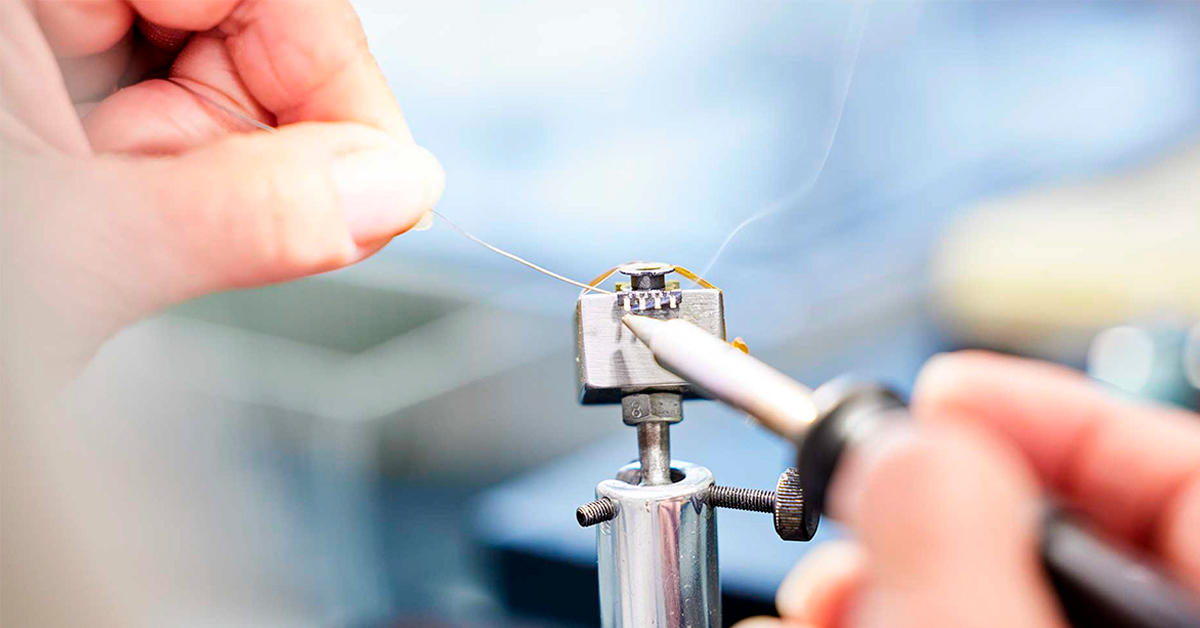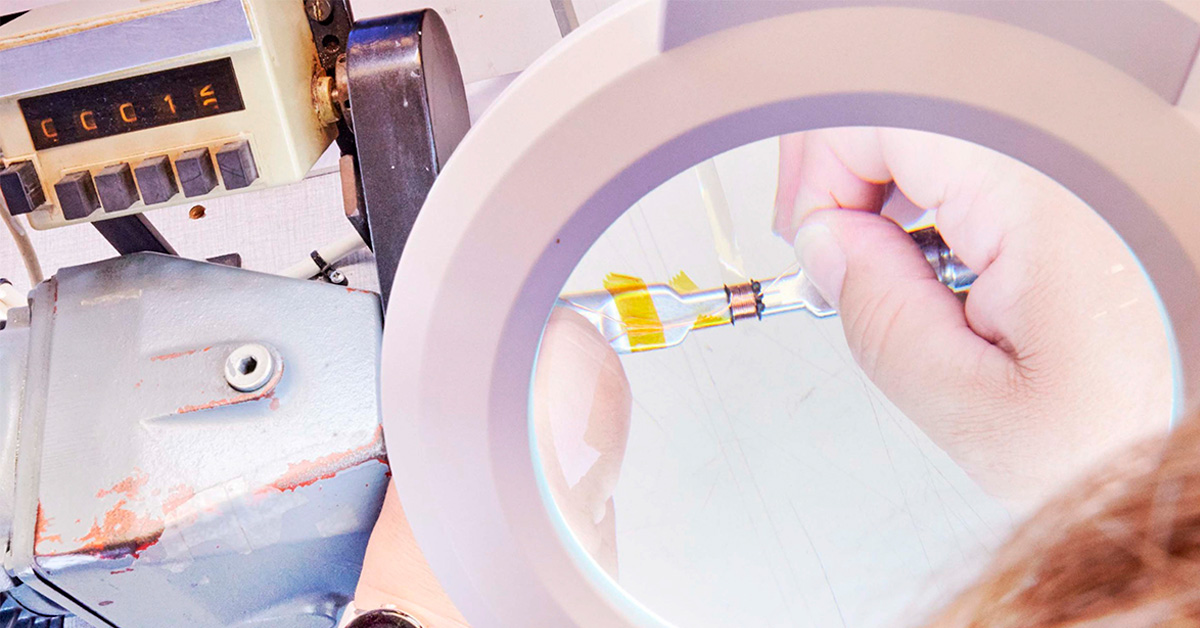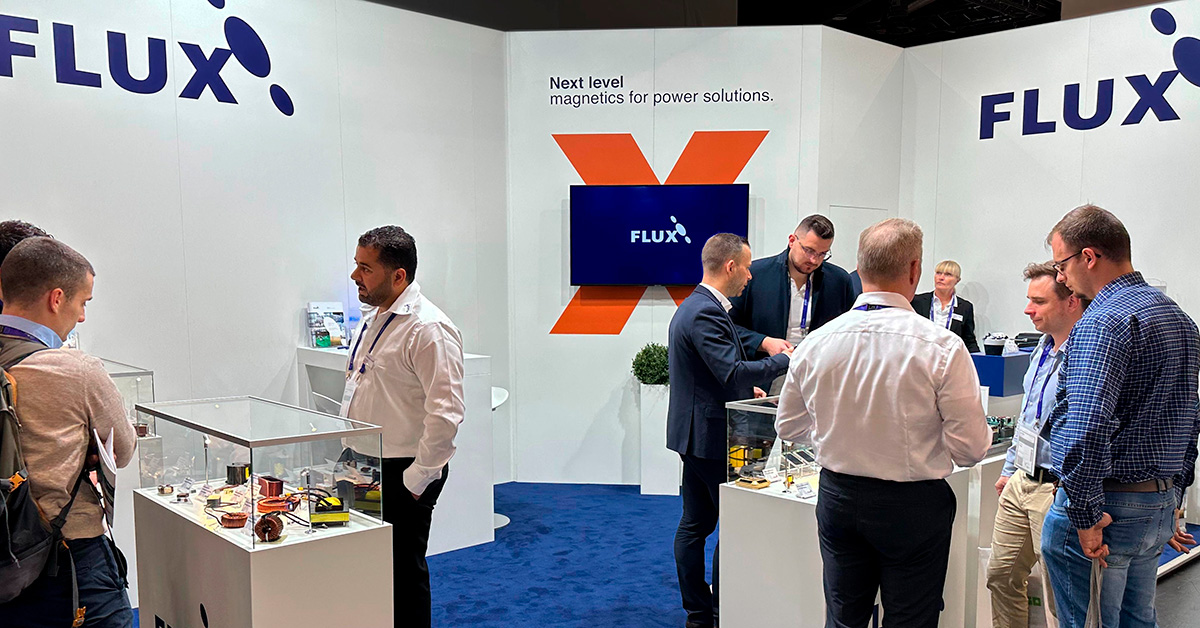Customizing components to meet your needs
Unlike most players in the Greentech market who offer standardized products and solutions, Flux specializes in the customization of transformers and...
2 min read
![]() FLUX News Desk
Aug 11, 2022 11:50:14 AM
FLUX News Desk
Aug 11, 2022 11:50:14 AM

Size and weight matter when it comes to components for the aerospace industry. Every single gram requires additional fuel to power an aircraft. Fuel is expensive for the airline and harmful to the environment. So, every component must be as light and space-saving as possible.
Let us dive into the process and explore how we help our customers design and develop lightweight components for the aerospace industry.
Our customer is a leading manufacturer of aerospace electronics, including on-board power supplies.
In this case, our customer was commissioned to develop a 110-volt power supply for airline seats that allows the passengers to charge their devices, e.g. laptops and cell phones, during a flight. The power supply required an inductor to be fitted in the power supply.
Our customer had already developed a solution with an air core. Unfortunately, the air core turned out to be inappropriate in terms of weight and physical size. On top of that, the air core had a large magnetic field emitting radiation that would interfere with onboard electronics.
This is why our customer came to Flux, their skilled technology partner, with the following requirements for the inductor:
With these requirements in mind, our design engineers performed multiple analyses of the existing solution to obtain an accurate picture of the technical problems. The results of the analyses revealed severe problems with the design of the existing solution.
Drawing on many years' experience in technical design our engineers introduced an alternative solution: A PFC inductor (Power Factor Correction) with a toroidal core and litz wire that offer ideal properties for aerospace.
We winded the litz wire around the core in two layers. The windings covered automatically the magnetic field keeping the magnetic radiation in the component. In this way, we made sure that the radiation did not interfere with the onboard electronics.
In addition, the litz wire reduced the winding losses in the component significantly due to a very low AC resistance in the wire. So, our customer received an inductor that not only eliminated the interfering radiation but also increased the performance of the component far beyond the customer's requirements.
Instead of the air coil that was originally fitted in the customer's component, we used a toroidal core for the inductor. A toroidal core is physically smaller and has a lower weight than the air core that in this case halves the weight of the inductor. For an aircraft with more than 150 seat power supplies, each with three inductors, this was a significant achievement in terms of reducing the weight of electronics.
Finally, our engineers focused on the customer’s requirement for a smooth mounting during the design phase. We fulfilled this requirement by designing a final inductor that was easily mounted on the customer´s PCB board without complicated instructions.
Cooperating with FLUX allowed our customer to solve their technical issues very efficiently. Our engineers provided the customer with a perfect design for onboard aerospace power supplies: a lightweight and high-performing PFC inductor with a low EMI emission that fulfilled the required criteria for integration in aircraft.

Unlike most players in the Greentech market who offer standardized products and solutions, Flux specializes in the customization of transformers and...

At Flux, we have many processes in manufacturing. Ranging from production to testing and quality assurance, each process has been perfected and is...

On the 9th of May, local and international companies arrived in Nuremberg, Germany to attend the annual PCIM fair. The fair provided companies with...